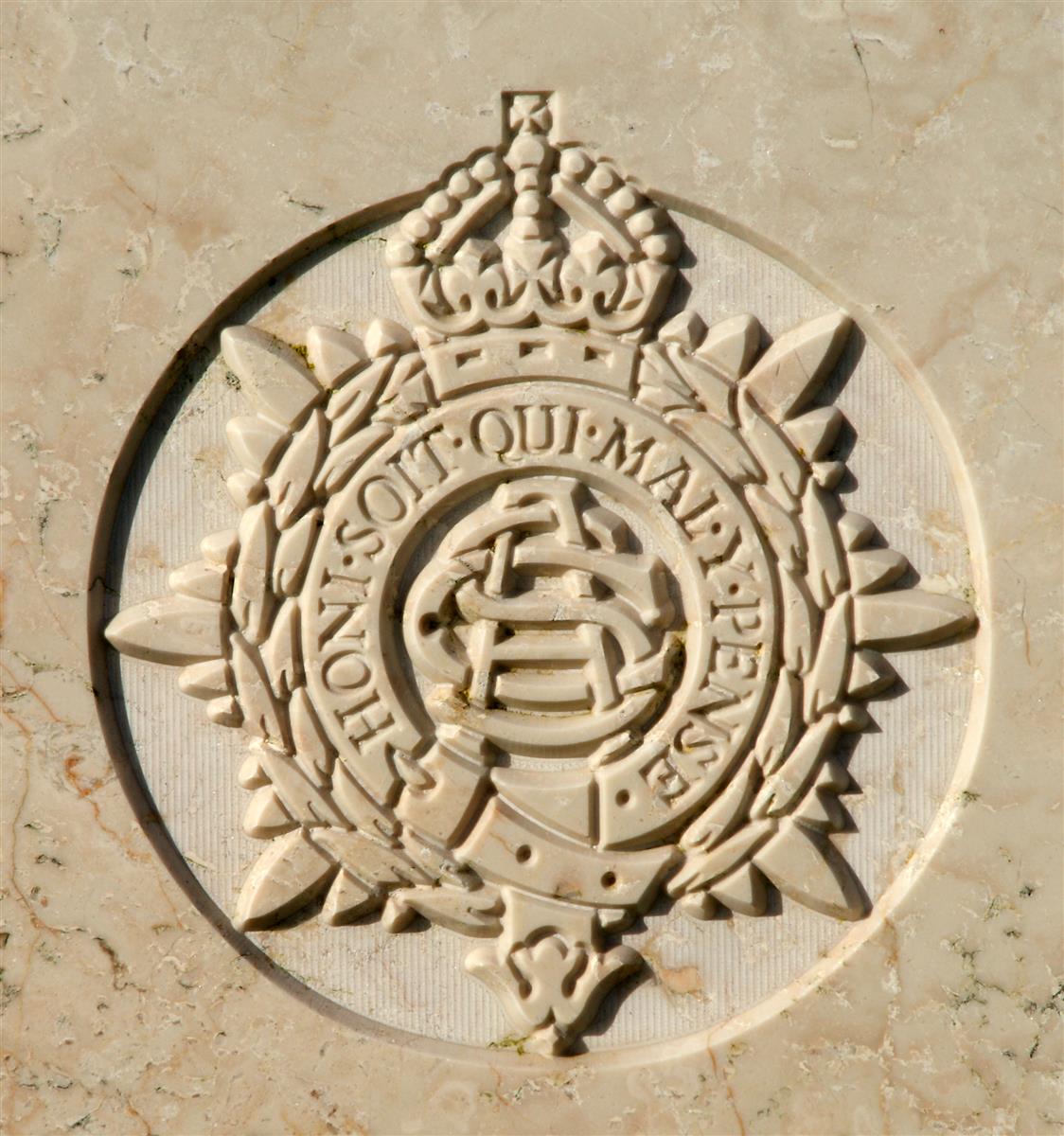|
Harry’s brother Jack was far too young to serve during World War I, but his father was not too old. Harry senior was an old soldier who had served his time before young Harry was born. He had enlisted into the Army Service Corps on 3 August 1893 for a total of twelve years, three with the colours followed by nine years in the Reserve. So, after three years in uniform he would have returned to civilian life in August 1896. He was still in uniform when he and Elizabeth married, on 18 March 1895 at the parish church at Bray.
Service in the Reserve meant that he was paid to be on call for future service in an emergency, pay which Reservists had to do very little to earn. An annual camp was about it. Of course there was always the chance that an emergency would crop up and, on 9 October 1899, he was recalled to the colours and shipped out to South Africa where the 2nd Boer War was in full flow. On 15 May 1902 he was returned to the Reserve and to civilian life. In August 1905 his full twelve years expired and he was discharged from the Army.

The regimental badge of the Army Service Corps, as used on CWGC headstones.
|
But that was not the end of his military service – at some stage he signed on again, but this time for part time soldiering with what became the Territorial Service in 1908. Service with the Territorials was for four years, with options to extend this if the man so desires. He remained in the Army Service Corps as a part of the 2nd South Midland Mounted Brigade Transport and Supply Column (part of the Territorial division covering Berkshire and five other counties).
When war was declared in 1914 Harry could quite reasonably have decided that he had ‘done his bit’, he was 43 years old, had spent at least 16 years in one form of military service or another including a year in South Africa during the Boer War – who could blame him if he stayed at home with his wife and children? And so, on 7 December 1914, Harry joined the Army for a third time.
When he was discharged from the regular army it was at the rank of Private, but he seems to have risen in rank during his Territorial service – when he enlisted in 1914 he as immediately made a sergeant in his former Territorial unit. He remained in England until March 1916 being promoted twice – to Acting Staff Sergeant on 6 August 1915 and to Acting Staff Sergeant Major on 16 October 1915. On 3 March 1916 he went to France to join the 56th Field Bakery. Seven months later, on 2 April 1917 he loses his acting rank and reverts to his substantive rank of sergeant. The reason given in his record is ‘inefficiency’. The inefficiency was caused by serious loss of fitness resulting from the onset of rheumatoid arthritis.
By October the problem was bad enough to result in his return to England and, on 3 January 1918 he was discharged from the Army with a small pension (his condition was deemed to have been aggravated by his time in France). The pension continued until September 1919 when a medical examination passed him fit. He died in Newbury in 1923 aged 52.
Sources: |

